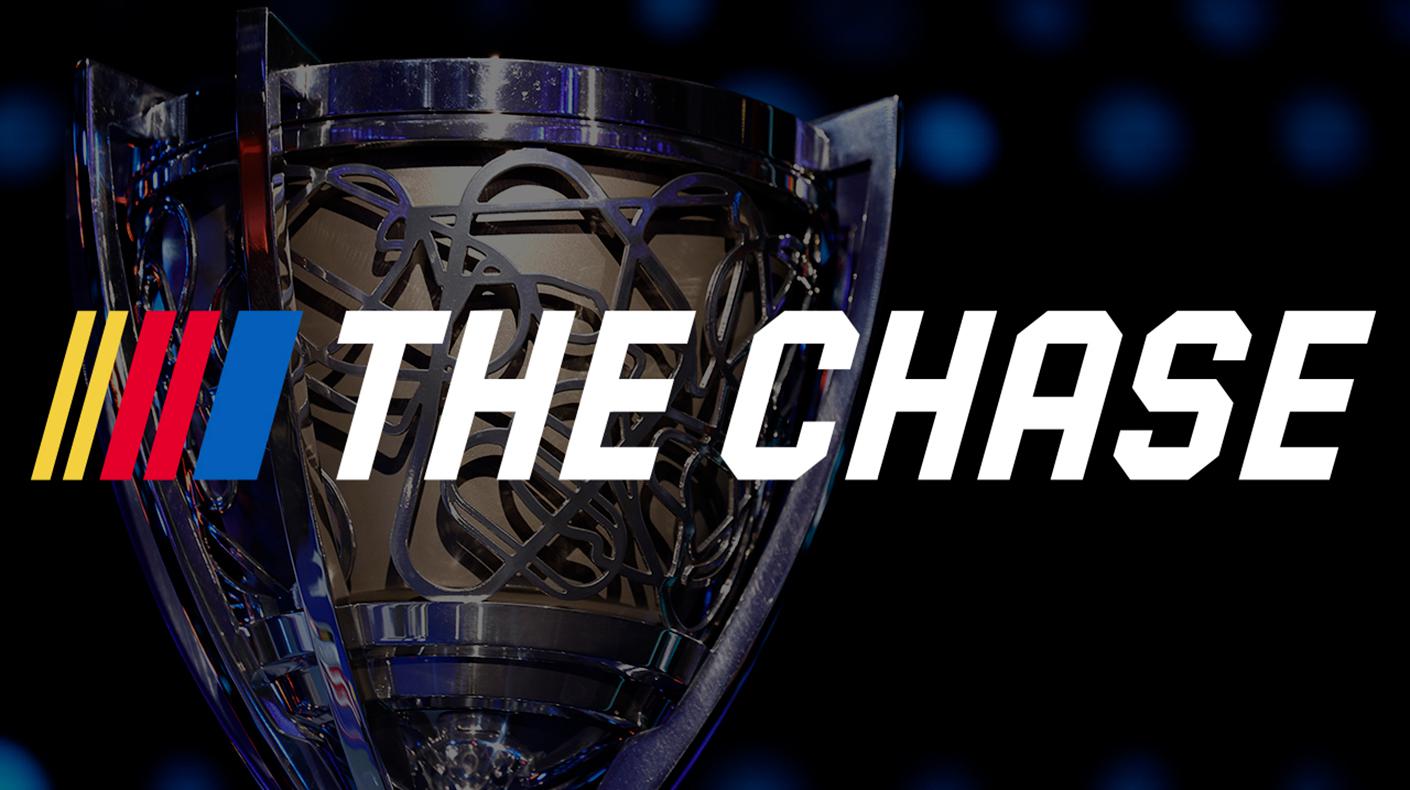By SEMA Washington, D.C., Staff
The U.S. Environmental Protection Agency (EPA) intends to revoke a waiver issued previously to California to set greenhouse gas emissions rules that are tougher than federal standards. The action will be challenged in court, a battle that could last beyond the 2020 elections. The Clean Air Act allows California to request a waiver for stricter state emissions standards that can subsequently be adopted by other states. The EPA has issued many waivers over decades but this will be the first time it has rescinded a waiver.
The Corporate Average Fuel Economy (CAFE) standards are triggering the dispute over California’s greenhouse gas standards. At the federal level, the CAFE standards are set by the National Highway Traffic Safety Administration (NHTSA) and linked to the EPA’s greenhouse-gas rule, since both rules are based on the amount of carbon emitted as fuel is burned. The Trump Administration contends that the law governing NHTSA’s CAFE standards does not authorize California to set tougher state greenhouse gas standards.
The administration wants to freeze the CAFE standards at 2020 levels (around 37 mpg) rather than reaching the current federally mandated level of 54.5 mpg by MY 2025. While many automakers may not seek such a significant CAFE level reduction given their need to compete in a global market, they support the need for a single national fuel economy program with standards that reflect marketplace realities. To date, four companies (Ford, Honda, Volkswagen and BMW) have signed an agreement with California to reach a standard of about 50 miles per gallon by MY 2026.
For more information, contact Stuart Gosswein at stuartg@sema.org.





